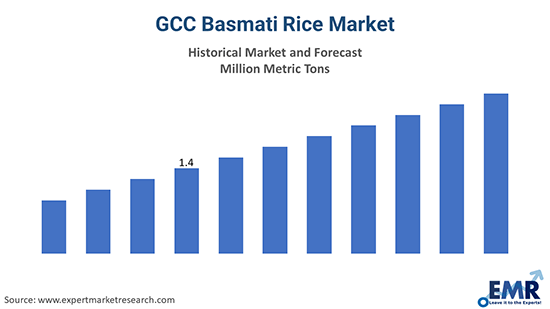
This strategic move is driven by an unprecedented increase in rice inventories, reaching 48.51 million metric tons as of July 1, the highest ever for this time of year. The spike, attributed to a 20.7% increase in rice paddy planting, has pressured authorities to manage the surplus effectively and prevent spoilage. Reducing export restrictions appears to be the most viable solution.
India's current minimum export price (MEP) for basmati rice stands at $950 per metric ton. The anticipated reduction to $800-$850 per ton is expected to boost exports, particularly to key markets in the GCC, which includes countries like Saudi Arabia and the United Arab Emirates. These nations rely heavily on Indian rice, and the easing of export curbs will help stabilize prices and ensure a steady supply.
The proposed policy changes come after India imposed several restrictions over the past two years to control domestic prices amidst concerns over lower output due to the El Niño weather pattern. The adjustments are also a response to competitive pressure from Pakistan, which has increased its market share due to India’s previous export limitations.
Rice industry experts, such as B.V. Krishna Rao, president of the Rice Exporters Association, underscore the necessity of lifting these curbs to manage the excess stockpile efficiently. With local demand significantly lower than supply, exporting surplus rice is essential to maintaining market stability.
The GCC stands to benefit immensely from this development. Saudi Arabia, the largest importer of Indian basmati rice, along with other GCC countries, will see improved access to high-quality rice at more competitive prices. This will not only support food security in the region but also strengthen trade ties with India.
Moreover, the reduction of the 20% export tax on parboiled rice, which will be replaced with a fixed duty, is expected to streamline export processes and reduce costs for importers. This shift aims to prevent under-invoicing of shipments, ensuring fair trade practices.
As India reassesses its export policies, the global rice market dynamics are poised for significant changes. The GCC, as a major consumer of Indian rice, is likely to experience positive impacts in terms of price stability and supply reliability.
India's policy shift is a strategic response to manage its burgeoning rice stocks while supporting its agricultural economy. For the GCC, this translates to enhanced food security and strengthened economic relations with India. The easing of rice export curbs marks a crucial development in global agricultural trade, promising mutual benefits for India and its trading partners in the GCC.
Topics
Spotlight
